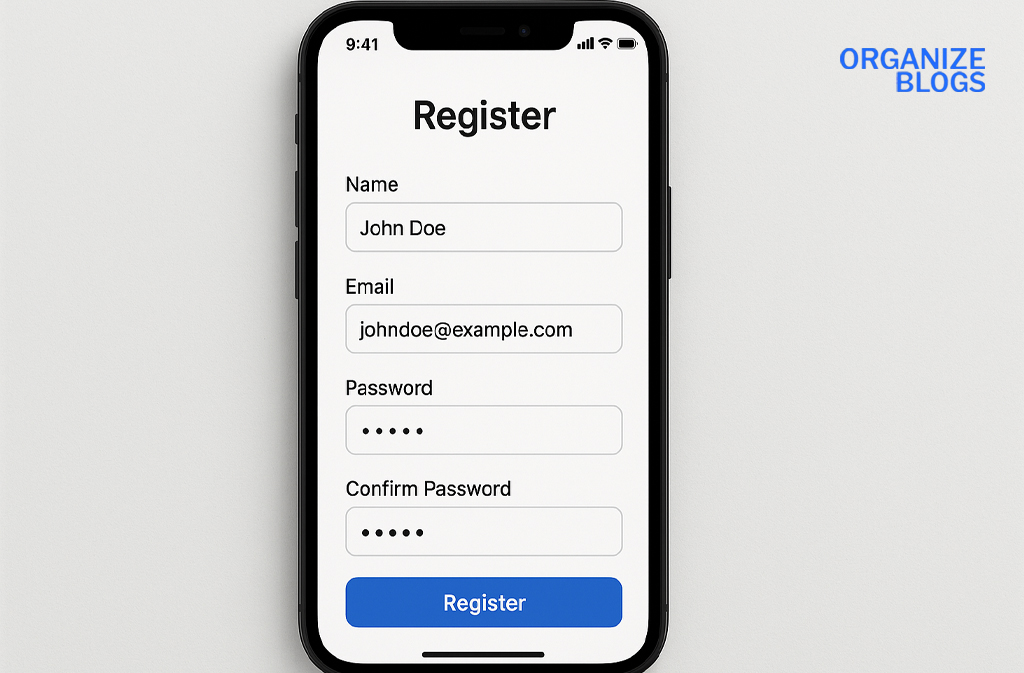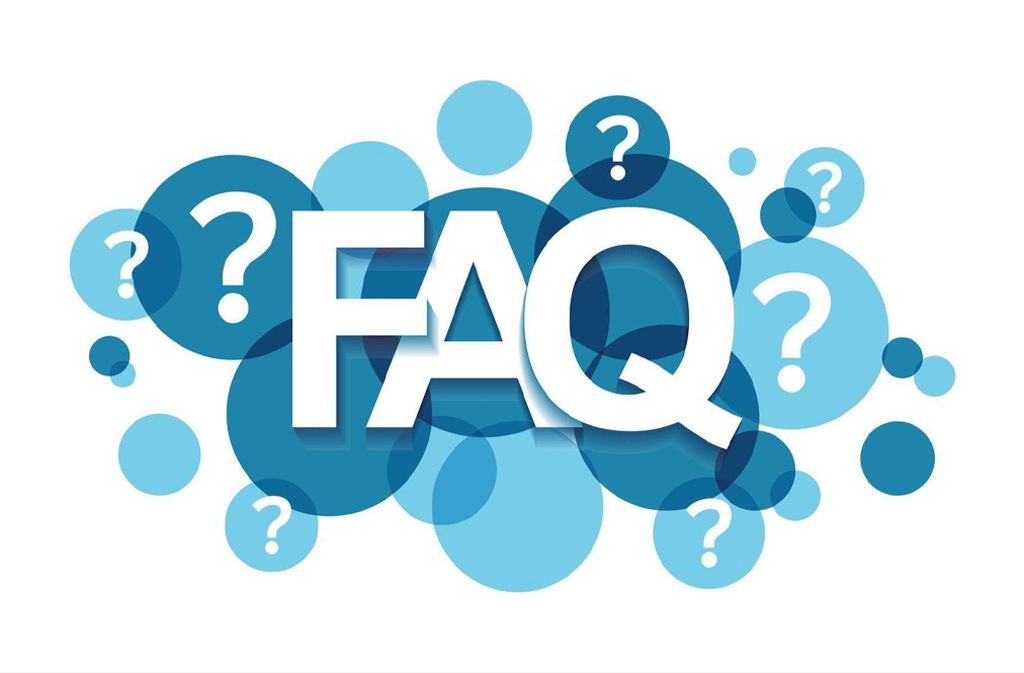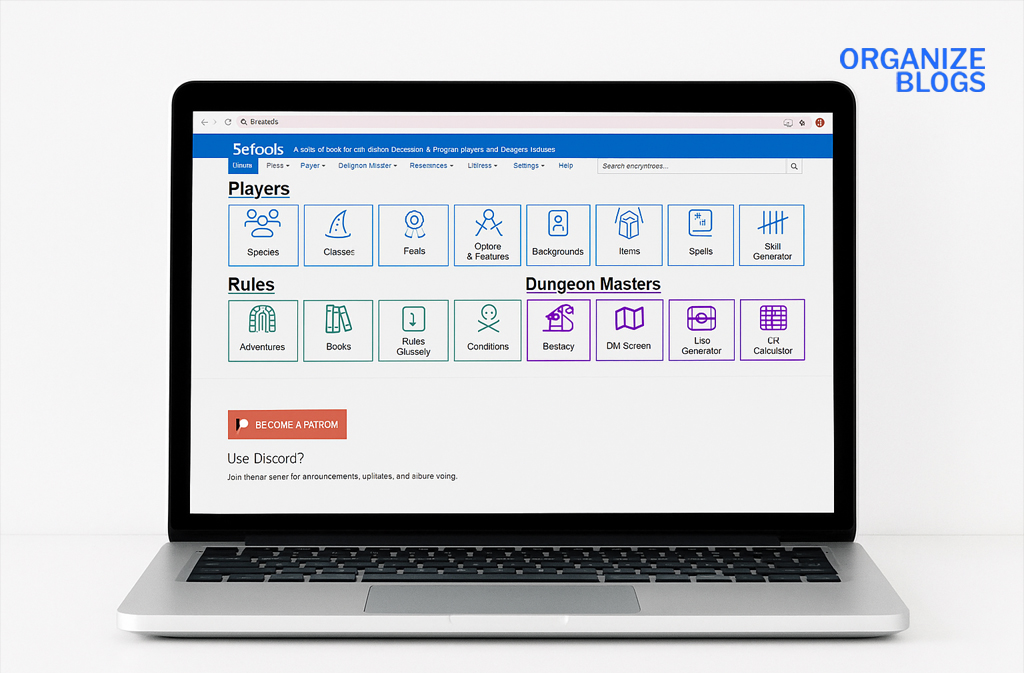5e tools are an important part of the Dungeons & Dragons 5th edition game. They help both players and dungeon masters create exciting stories, solve problems, and bring the fantasy world to life. From the herbalism kit to the forgery kit, these special tools can change the way a game is played. Understanding them can give your character new skills and make your adventures even more fun.
In this guide, we will explore everything you need to know about 5e tools, including their uses, examples, and how to choose the right ones for your campaign. Whether you are just starting or have been playing for years, you will find tips here to make the most of every tool in your kit.
Table of Contents
What Are 5e Tools and Why Are They Important?
5e tools are items your character can use to perform special tasks in the 5th edition of Dungeons & Dragons. These tasks might include making a potion, crafting a weapon, or even creating a fake letter with a forgery kit. While they may not seem as exciting as swords or spells, they can give you unique advantages in the game.
Players and dungeon masters both benefit from these tools. For players, they add depth to a character’s skills. For dungeon masters, they create opportunities for new challenges and puzzles. By knowing how these tools work, you can use them to your advantage during adventures.
Types of 5e Tools in Dungeons & Dragons
When talking about 5e tools, it’s important to know that there is a wide range of them. Each has a specific purpose and can be learned by your character. Here are some common examples:
- Artisan’s Tools – These include the smith’s tools, mason’s tools, and other sets used to create or repair items.
- Musical Instrument – Not just for fun, they can be used to inspire allies or charm enemies.
- Herbalism Kit – Helps you create healing potions or identify plants.
- Forgery Kit – Lets you make fake documents to trick others.
- Gaming Sets – For playing games in taverns or distracting opponents.
By choosing the right set of 5e tools, you can shape your character’s personality and story.
How to Use 5e Tools in Gameplay
Knowing about 5e tools is only half the job—you also need to know how to use them effectively. When a situation comes up in the game where a tool might help, the dungeon master will ask you to roll a dice. Your skill level and proficiency with that tool can make a big difference in the result.
For example, if you are using a herbalism kit to make a healing potion, you might roll a Wisdom check. If you have proficiency in that tool, you add your bonus to the roll. This system keeps the game balanced and fair while giving creative players more ways to solve problems.
Choosing the Right 5e Tools for Your Character
Not every character needs every tool. When building your character, think about their background, skills, and the type of adventures you expect. If you play a bard, a musical instrument might be perfect. If you play a rogue, a forgery kit or thieves’ tools could be more useful.
Dungeon masters can also reward creative use of 5e tools. If your barbarian learns to use a mason’s kit, they might repair a bridge to help the group. This flexibility makes the game richer and more interesting for everyone.

The Role of 5e Tools for Dungeon Masters
For dungeon masters, 5e tools are a way to add flavor and challenges to a campaign. By including situations that require special tools, they encourage players to think outside the box. This could be as simple as needing a herbalism kit to treat a poisoned ally or using a musical instrument to distract a guard.
Additionally, they can be used to reward exploration. A player might discover a hidden set of artisan’s tools in an old workshop, opening up new possibilities for crafting or trade. This keeps the story moving and gives every player a chance to shine.
Special Kits and Their Uses in 5e Tools
Several 5e tools stand out because they can change the outcome of a game session.
- Herbalism Kit – Allows you to make healing items or identify herbs. This is especially useful in survival-based campaigns.
- Forgery Kit – Perfect for tricking enemies or creating fake maps and letters.
- Musical Instrument – Can be used for performance checks, earning money, or even magical effects for certain characters.
These kits give Dungeons & Dragons players more control over the world around them. By thinking creatively, you can find surprising uses for each tool.
Common Mistakes When Using This
Even experienced Dungeons & Dragons players sometimes misuse 5e tools. One mistake is forgetting that they exist during gameplay. Another is assuming a tool can solve every problem, which can lead to unrealistic results.
The best way to avoid these mistakes is to talk with your dungeon master. Agree on how each tool works in the world you are playing. This keeps the game fair and ensures that everyone has fun.
Tips for Maximizing in Your Campaign
If you want to get the most out of 5e tools, here are some tips:
- Plan ahead – Think about what tools might be useful in your next session.
- Be creative – Tools can be used in more ways than you might expect.
- Work with your team – Combine skills to solve challenges.
By following these tips, you can make your tools an important part of the story rather than just items in your inventory.
Final Thoughts
5e tools may seem like small parts of the game, but they can have a big impact. They help both players and dungeon masters create richer, more exciting adventures. From crafting items to solving mysteries, these tools open up endless possibilities.
Whether you are using a herbalism kit to save an ally or a musical instrument to win over a crowd, the right tool can make the difference between success and failure. So next time you play, remember to pack your 5e tools—you never know when you’ll need them.

FAQs
Q1: What are 5e tools in Dungeons & Dragons?
5e tools are special items in the 5th edition of Dungeons & Dragons that let characters perform unique tasks, such as crafting, creating potions, or forging documents.
Q2: Do all characters start with 5e tools?
Not always. The tools you start with depend on your character’s background, class, and skills chosen during creation.
Q3: Can a character learn new 5e tools during a campaign?
Yes. A character can gain proficiency in new tools by training, completing quests, or leveling up with certain abilities.
Q4: Are only for players?
No. Dungeon masters also use tools to create challenges, puzzles, and roleplay opportunities for players.
Q5: Which 5e tools are most useful for beginners?
For beginners, a herbalism kit, musical instrument, or gaming set are easy to learn and fun to use in gameplay.
Visit our website: Organize Blogs

